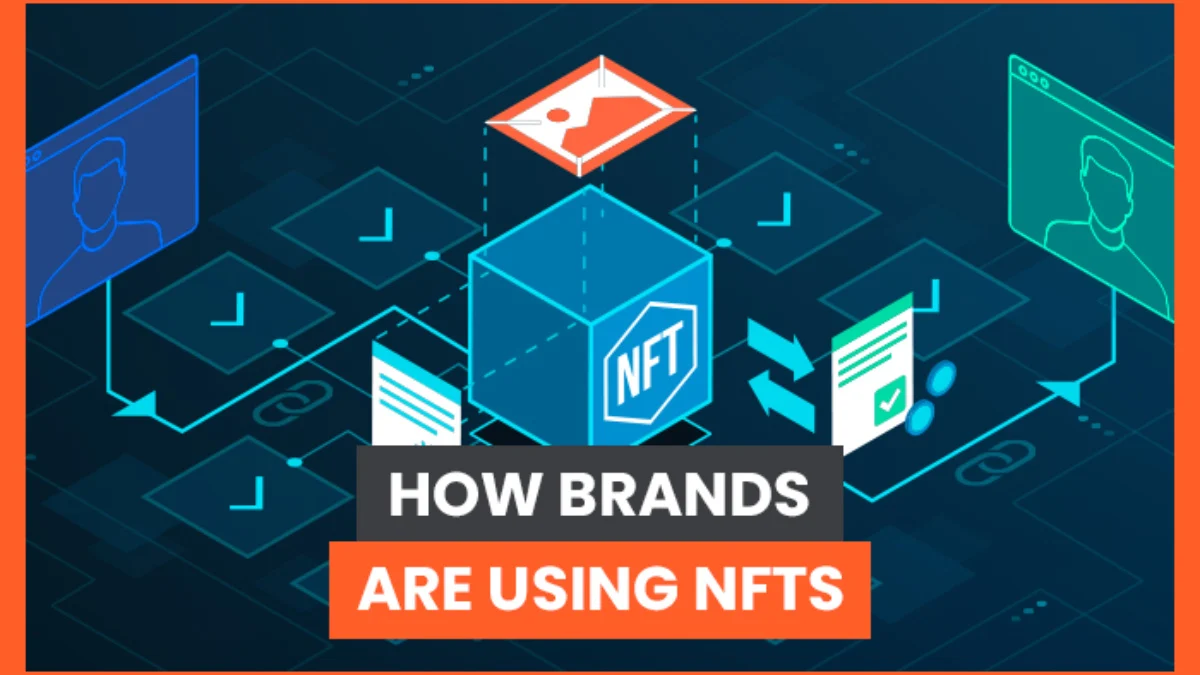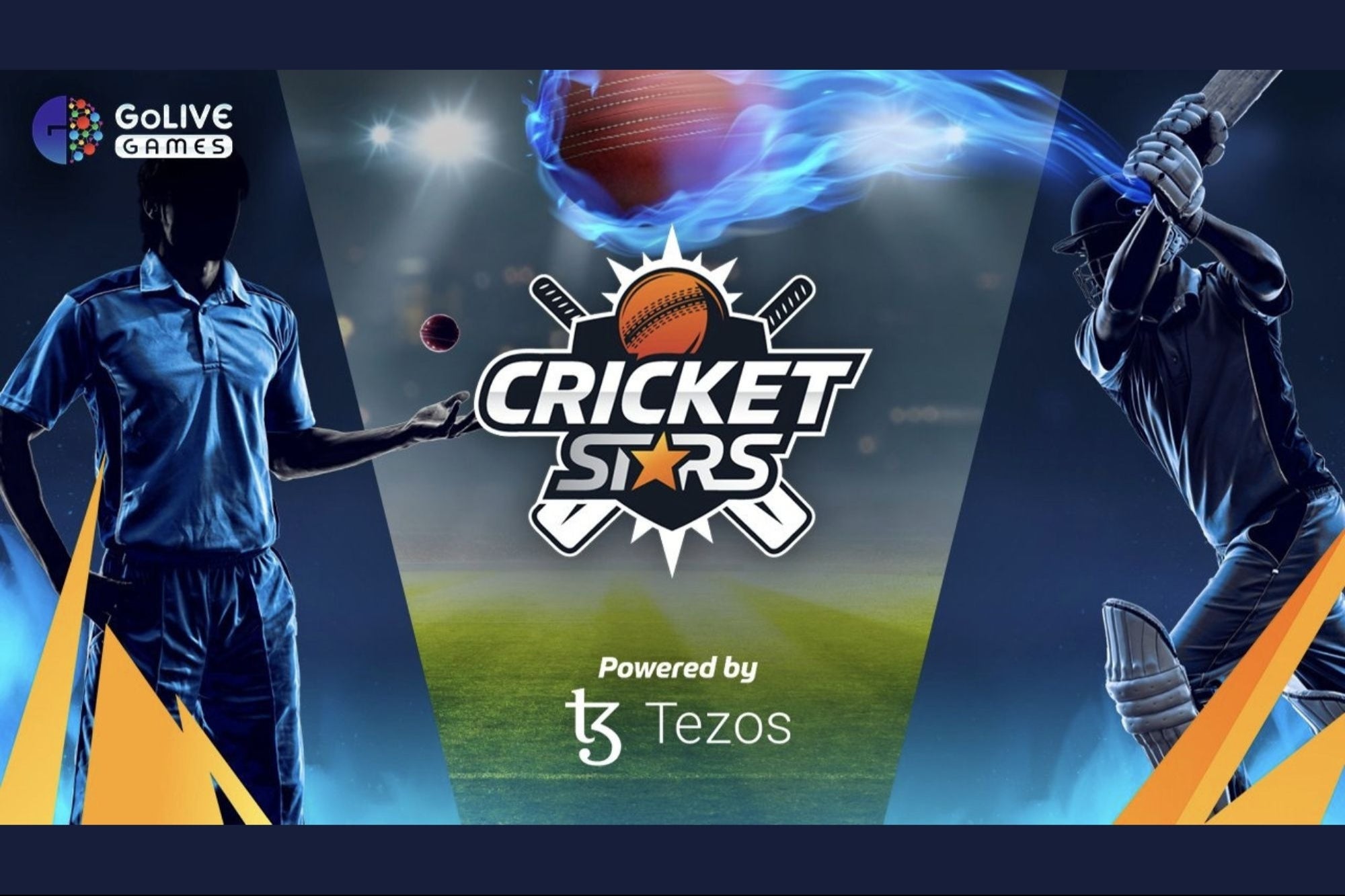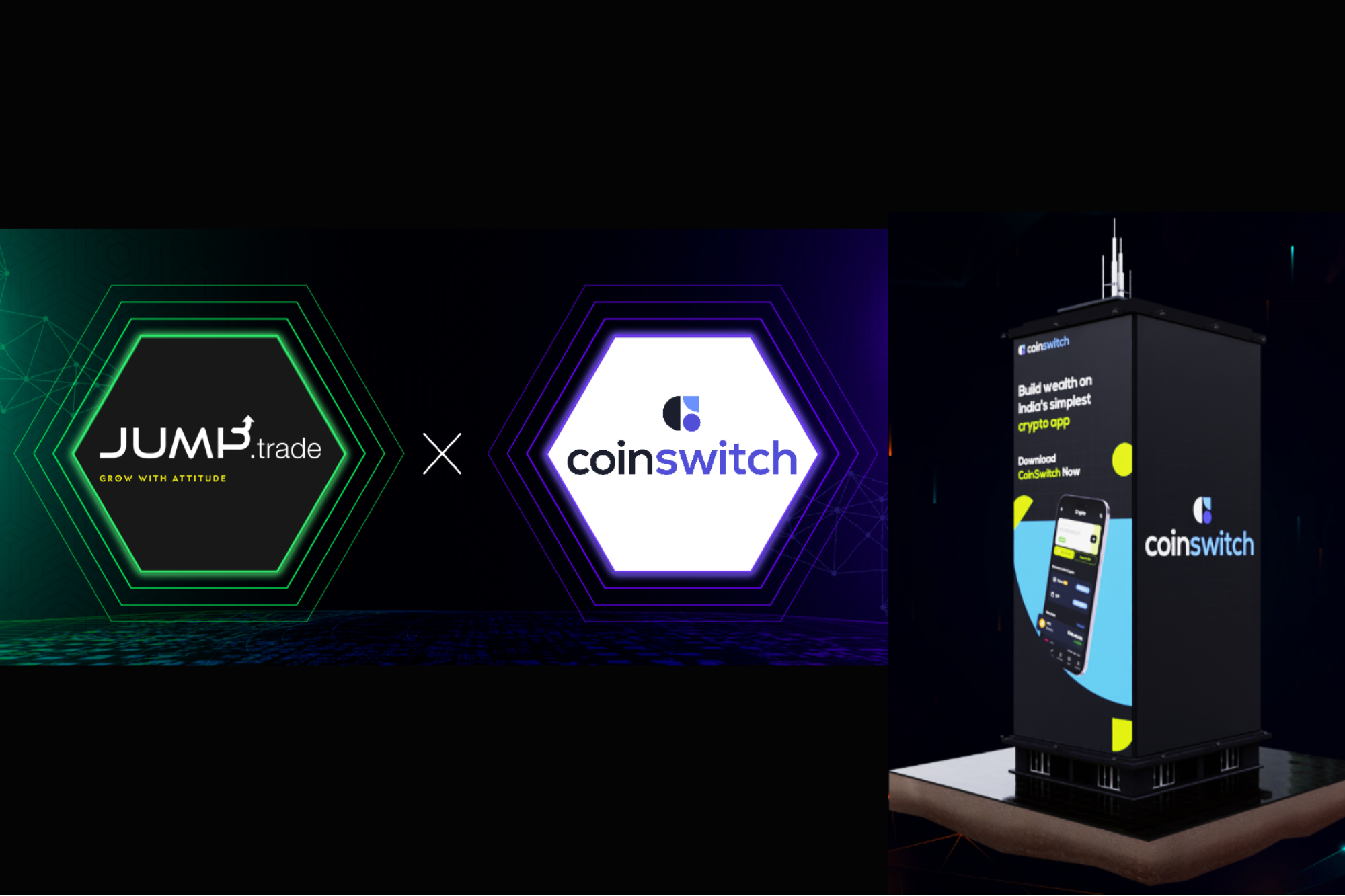In recent years, Non-Fungible Tokens (NFTs) have emerged as a revolutionary force in the world of digital assets and blockchain technology. These unique digital tokens have captured the attention of artists, collectors, and investors alike, but they’ve also piqued the interest of brands looking for innovative ways to engage with their audience and market their products. In this article, we will explore how brands are utilizing NFTs for marketing and the impact this new trend is having on the marketing landscape.
The NFT Market Price
One of the key aspects of NFTs that brands are tapping into is their fluctuating market price. NFTs are bought and sold on various NFT marketplaces, and their prices can vary significantly based on factors such as scarcity, demand, and the reputation of the creator. Brands are using this price volatility to their advantage by creating limited-edition NFTs that are tied to their products or services. These NFTs often appreciate in value, creating a sense of urgency and exclusivity among potential buyers.
NFT Tokens Price Chart
To effectively leverage the NFT market, brands are closely monitoring NFT tokens’ price charts. These charts provide valuable insights into market trends, allowing brands to make informed decisions about when to release their NFT campaigns. By timing their NFT drops strategically, brands can maximize their returns and generate more buzz around their offerings.
Best NFT Gaming Experiences
The gaming industry has been at the forefront of NFT adoption, with several gaming companies incorporating NFTs into their ecosystems. Brands looking to tap into the NFT trend are partnering with these gaming companies to create unique in-game assets and experiences. Gamers can purchase and trade these NFTs, enhancing their gaming experience while also providing brands with a new avenue for marketing and engagement.
NFTs for Sale
Brands are also offering NFTs for sale directly to their customers. These NFTs can represent digital collectibles, exclusive access to events, or even ownership rights to virtual assets. By selling NFTs, brands not only generate revenue but also strengthen their relationship with their audience, creating a community of loyal supporters.
The NFT Blockchain
The blockchain technology underlying NFTs is another aspect that brands are keen to utilize.NFT Blockchain provides transparency and immutability, ensuring the authenticity and provenance of digital assets. Brands can use this technology to verify the authenticity of their products and create trust among their customers. For example, luxury brands are exploring NFTs to certify the authenticity of high-end goods, combating counterfeiting in the process.
Best NFT Marketplaces
Choosing the right NFT marketplace is crucial for brands looking to enter the NFT space. Some of the best NFT marketplaces, such as OpenSea, Rarible, and NBA Top Shot, offer a wide range of opportunities for brands to list and sell their NFTs. Brands need to research and select the platform that aligns best with their target audience and marketing goals.
NFT Marketplaces for Brands
NFT marketplaces themselves are also becoming a marketing channel for brands. These platforms host a diverse community of users interested in digital art, collectibles, and virtual goods. Brands can run promotional campaigns, host NFT auctions, and collaborate with artists and creators within these marketplaces to reach a wider audience and strengthen their brand presence.
The Future of NFT Marketing
As brands continue to experiment with NFTs for marketing, the landscape is evolving rapidly. We can expect to see more innovative use cases emerge, ranging from virtual fashion to interactive experiences. The NFT space offers brands an exciting opportunity to engage with their audience in new and creative ways while also capitalizing on the growing interest in digital collectibles.
The Future of NFT Marketing
The adoption of NFTs for marketing purposes is still in its early stages, and the future holds immense potential for brands to explore new avenues of engagement and revenue generation. Here are some key trends and possibilities that we can expect to see in the realm of NFT marketing:
- Virtual Experiences: Brands may create immersive virtual experiences or environments that can be accessed through NFT ownership. For instance, owning an NFT could grant access to a virtual world or exclusive online events, fostering a sense of community and belonging among NFT holders.
- Augmented Reality (AR) and Virtual Reality (VR): NFTs could play a pivotal role in AR and VR experiences, allowing users to interact with digital assets in the real world. Brands could utilize NFTs to offer unique AR/VR experiences or enhance their products with digital collectibles.
- NFT Loyalty Programs: Brands can establish loyalty programs based on NFT ownership. By holding a certain number of NFTs or specific NFTs from a brand, customers could access exclusive discounts, early product releases, or other rewards.
- Collaborations with Influencers and Creators: Brands can collaborate with influencers, artists, and content creators to design and promote NFT collections. This not only expands their reach but also adds an element of authenticity and creativity to their marketing efforts.
- Environmental Sustainability: With growing concerns about the environmental impact of blockchain technology, brands may explore NFTs built on more eco-friendly blockchains or invest in carbon offset initiatives to mitigate their carbon footprint.
- Legal and Intellectual Property Considerations: As the NFT space matures, brands must navigate legal and intellectual property challenges related to copyright, ownership, and licensing agreements to protect their brand identity and assets.
- Education and Awareness: Brands should educate their audiences about NFTs and blockchain technology to ensure a clear understanding of the benefits and potential risks associated with these digital assets. Well-informed consumers are more likely to engage with NFT offerings.
- Data and Analytics: Brands can use data analytics to gain insights into NFT ownership patterns, customer preferences, and market trends. This information can inform their NFT marketing strategies and product development.
- Regulatory Compliance: As the regulatory landscape evolves, brands must stay compliant with relevant laws and regulations governing the NFT market. This includes tax implications, securities regulations, and consumer protection laws.
- Social Impact: Brands can leverage NFTs for social impact initiatives, such as donating a percentage of NFT sales to charitable causes or using NFTs to support environmental conservation efforts, social justice, or education.
In conclusion, brands are leveraging NFTs for marketing by harnessing the NFT market price, monitoring price charts, exploring NFT gaming experiences, and offering NFTs for sale. Additionally, the NFT blockchain and the selection of the best NFT marketplaces play crucial roles in a successful NFT marketing strategy. As the NFT space continues to evolve, brands that embrace this technology are positioning themselves at the forefront of digital innovation and engagement.




